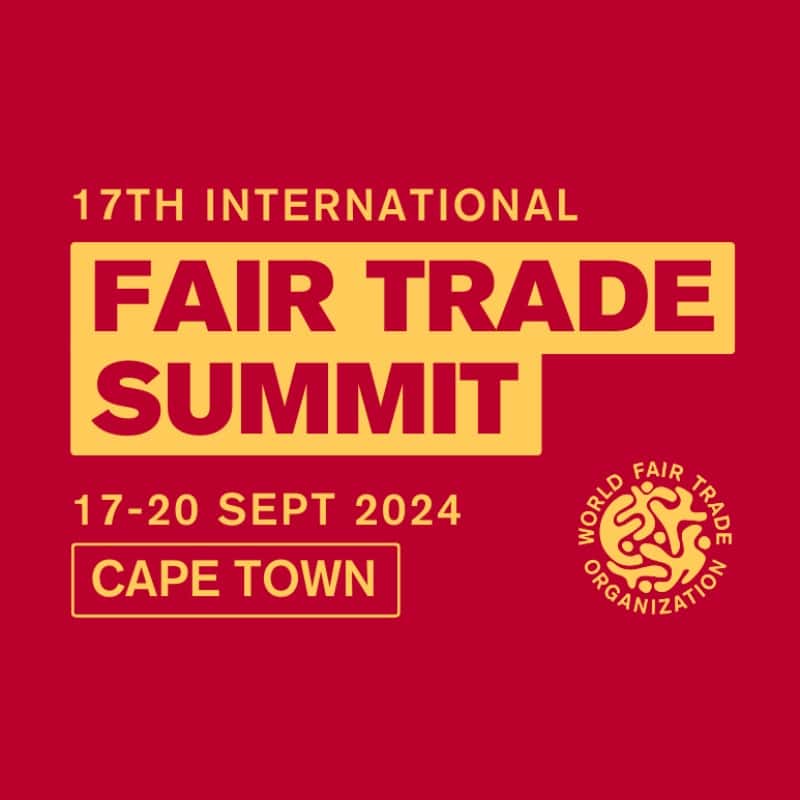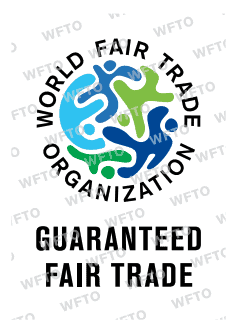Collective Action And Informed Decision Making For Structural Change In The Fashion Industry
During the month of April, when the fashion industry, as well as human rights organizations, commemorate the Rana Plaza disaster of 2013, a significant portion of the fashion community critically rethinks the ways in which the entire fashion system is set up, and how we can move towards more sustainable production and consumption practices in fashion.
What these discussions focus on often goes in two directions:
- The position that the working conditions of garment workers in certain parts of the world that have over the years become hubs for the production of (fast) fashion is too often horrific beyond imagination,
- and as a related second point, consumers should be more aware of these realities as well as the environmentally detrimental effects of the industry such as the use of landfills and pollution, and they therefore should change their consumption patterns by choosing alternatives over fast fashion (and slowing down in general).
These two very important arguments have at times certain shortcomings that need to be addressed from a multifaceted Fair Trade perspective. This approach places a heightened emphasis on the responsibility of the individual who is not solely a consumer but also a stakeholder, thereby necessitating a broader perspective than solely addressing individual consumption patterns.
In other words, if we frame the socially and environmentally disastrous impact of the (fast) fashion industry on specifically certain parts of the world as a source of concern for one segment of the industry and for individuals merely as consumers, we might run the risk of externalizing the problem and individualizing the solution.
In order to achieve structural change that ensures proper solutions to existing systemic issues, we need to first understand the problem from a holistic point of view, and then engage in actions to demand change that go beyond altering individual choices and practices. In this respect, we need to emphasize the significance of collective action and engage in such initiatives for systemic transformation.

Photo: Global Mamas, People Tree, Taller Maya
Collective Action and Informed Decision Making for Structural Change
Despite reminding us of the real cost of the fast fashion industry, powerful imagery that comes out of disasters such as Rana Plaza may at times prevent us from seeing ourselves as an integral part not only of the problem but also the solutions.
For people whose socio-economic background or positioning is disconnected from the realities of such places and environments, such catastrophic events might sometimes be seen as completely foreign, namely as unfortunate occurrences happening somewhere far away where living conditions are very different. However, this does not mean that people would not see their implications in these processes but may rather see individual acts (such as not buying from fast fashion brands, shopping second hand or swapping their clothes with friends) as viable steps to overcome a big external problem within their own capacities.

Photo: Allpa Peru
What we should realize in this course of action is the importance of combining individual action with collective initiatives by understanding our capacity and duty as active citizens. Although the problem may seem big and external to us, we should be aware that we may potentially change matters beyond altering our personal consumption patterns, and actively look for options to engage in collective political action.
The Good Clothes, Fair Pay campaign led by Fashion Revolution is a prime example of such an initiative that asks EU citizens to be actively involved. WFTO is actively supporting this campaign that stresses the importance of collective action for changing structural issues that address individuals as not only consumers of fashion but also as active citizens who can ask for policy reform.
Aimed at collecting 1 Million signatures before July 2023, this campaign is built upon the potential power that EU citizens hold in demanding binding legislation which would make it mandatory for all brands and retailers that sell in the EU market to do due diligence for living wage in their global supply chains[1]. Therefore, for those who are discontent with the fashion industry’s practices, it is important to be aware of these options/campaigns that are pushing for a broader systemic change, in addition to altering their individual consumption patterns. In a similar vein, Fashion Revolution’s formative manifesto urges people to question the fashion industry and demand answers as well as changes by encouraging them to take both personal and collective initiatives. Hence, we need to remind ourselves that by combining individual and collective actions, a more substantial change in the fashion industry can be achieved.

Photo: Artesania de Chile
Transforming Businesses: Fair Trade and Community Building
Of course, change cannot only be expected to come from the demands of people as an outside force but also businesses should be transformed from within in this process. Structural issues in the fashion industry can be better solved if the problems of a given industry are understood and addressed in a holistic manner.
WFTO’s 10 Principles of Fair Trade and its Guarantee System remind us all that problems in the supply chains exist in multi-faceted ways that also should be solved as such. Unfair wages, destructive environmental impact, lack of transparency and accountability, forced labour and horrific working conditions for people are all formative aspects of the fast fashion industry today. In order to ensure systemic change, businesses need to tackle these issues holistically and accept that there is an alternative to the profit-primacy model in business activities. WFTO members show every day that business can still be profitable, and fair to people and the planet.
Transforming fast fashion businesses may take more drastic measures such as enforcing policies, but businesses in the fashion industry, in general, should also be actively reminded that they need to improve their practices and transform their operational mindset. This is quite relevant for those brands and businesses which are already committed to providing more sustainable options to fast fashion who should be willing to ever-improve their operations. Being outside of the fast fashion industry with an ethical and sustainable mindset does not automatically mean for a business that their practices are sufficient to ensure proper structural change.
In the same way that individuals ought to bring together individual and collective initiatives, businesses should also learn how to transform themselves continuously and build communities for collaboration as well as collective action. WFTO has been an implementing consortium partner of the Small but Perfectly Formed project since 2021 which is dedicated to the acceleration of small and medium fashion enterprises to transition into more circular business models. Within this project, 28 fashion SMEs located in COSME counties have been selected to participate in this intense acceleration process, and further resources in the form of toolkits have been created for fashion businesses everywhere to benefit from to transform their practices.
- Fashion Revolution’s Creativity with Purpose Toolkit emphasizes the collective responsibility of all fashion actors for a systems change
- the collaborative Policy Dialogue Toolkit by Fashion Revolution and the Fair Trade Advocacy Office (FTAO) is designed to help SMEs to take action through policy dialogues,
- and Doing Business Differently Toolkit from the World Fair Trade Organization provides a roadmap for SMEs to build sustainable alternatives to the economic system of profit-primacy, and urges them to think critically about their business practices and operations.
Finally, collective community building can be an important step for businesses to truly transform the industry by being part of a movement that would stand together, learn from and collaborate with each other. Being part of WFTO’s global community as a member is a great opportunity for any fashion enterprise anywhere in the world and truly transform their business with the strength of a global Fair Trade community. Whether you are an individual or a business, you can also join Small but Perfect project’s global network on Common Objective to connect with project partners, SMEs and professionals from around the world, and access events, resources and training.
Fashion is an integral part of life: it is not only essential for identity formation and expression on the part of individuals and cultures but is also a sector that provides people ranging from designers to models, from garment workers to scientists with jobs and livelihoods. Therefore, anyone, whether they are individuals or businesses, is directly or indirectly responsible for the betterment of the current system.
The possibilities to do so go beyond the limits of individual or isolated business choices to attain and sustain the transformation of the industry. During this year’s Fashion Revolution Week, inform yourselves, question your individual and business practices and take action!
by Zerrin Cengiz
Share This Post
Tags
Contact
- Parallelweg West 9A, 4104 AX Culemborg, The Netherlands
- +31649086439
- info@wfto.com
If you want to contact any of our staff members (not Board) please write to the First Name (ex: Paul)@wfto.com
© 2024 World Fair Trade Organization. All Rights Reserved.

